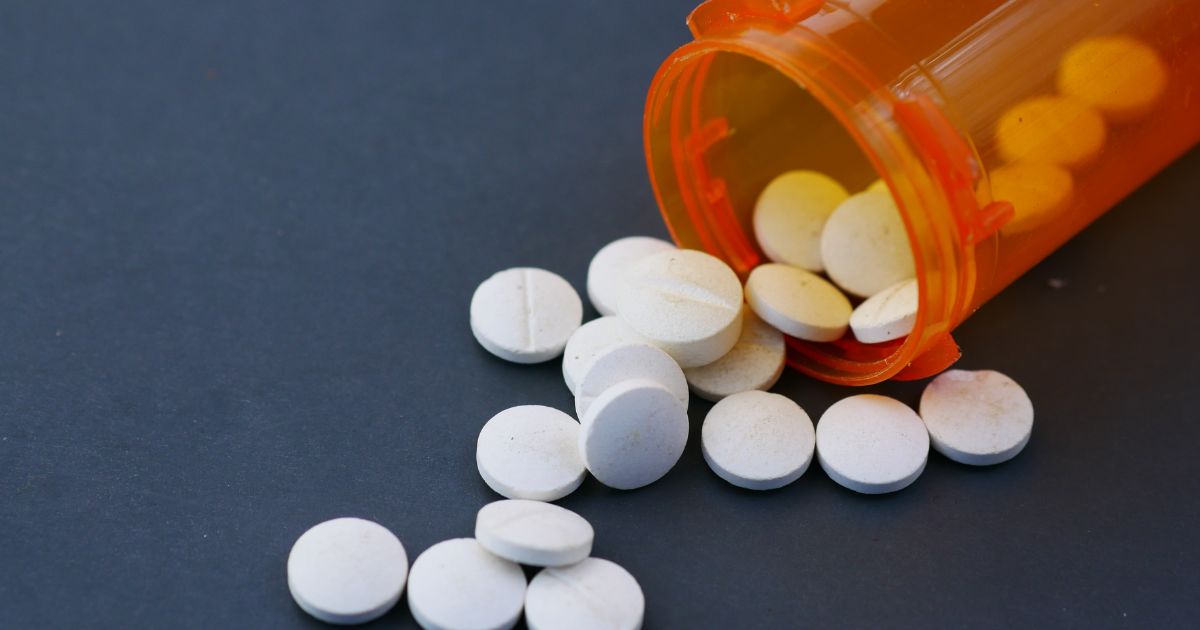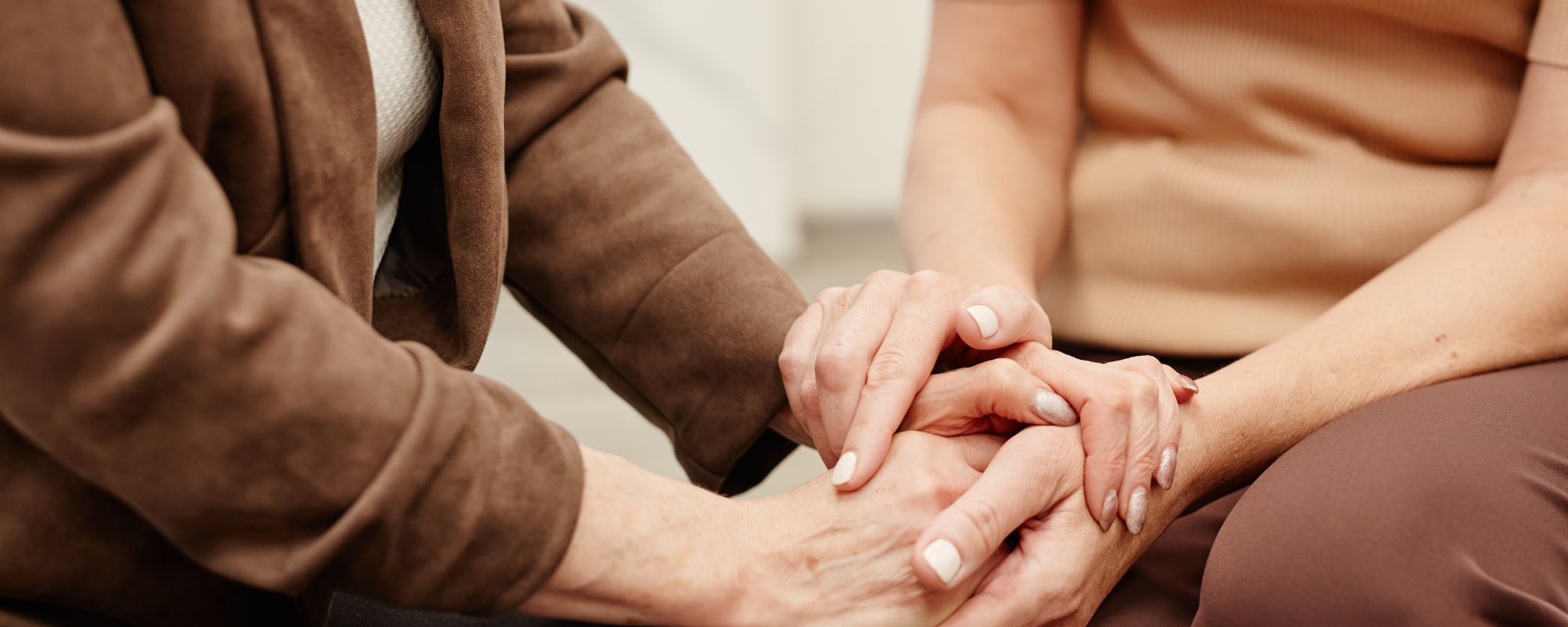Recovery from drugs or alcohol will occur in stages, as recovery is a process. Aftercare is made up of addiction treatment programs that come later in your recovery process, once you have gotten through the initial period of early recovery. Aftercare is less structured and more flexible, and is aimed to allow guests to really practice the skills and tools they have learned while also finding a balance between life and recovery.
What is Aftercare?
Aftercare is a type of continued treatment, which is less structured and more flexible. Aftercare is meant to follow guests through the recovery process and support guests as they move into more independence and reintegrate into the greater community, workforce, etc. Recovery from drug and alcohol use disorders is a process than does not stop once treatment ends, which is why it’s important to practice living a life that balances recovery, work, and life in an aftercare program. Usually, aftercare or continued care is outpatient treatment. Aftercare programs offered by Royal Life Centers includes: a partial hospitalization program (PHP), an intensive outpatient program (IOP), an outpatient program (OP), sober living and graduate housing.
Aftercare is a period in which the skills and tools learned in inpatient treatment are reinforced. Aftercare focuses on relapse prevention, expanding and practicing coping strategies, and striking a balance between recovery and life.
Increased Success Rate
Recovering from drugs and alcohol requires a lot of work, as you are learning a new way to live. After completing a more traditional inpatient rehab program, it will increase your chances of maintaining sobriety if you attend an aftercare program, “The longer patients receive treatment for addiction, the greater their chances of success, a new study finds. The study included 72 people, with an average age of 30 years. The participants were being treated for a variety of addictions, including alcohol and drugs such as opioids, amphetamines and benzodiazepines” (Priedt). In the United States, an estimated 9% of the population has an alcohol or substance use disorder; the rates of relapse for this population is staggeringly high— ranging from 37% to 56% (Patterson).
The only significant factor in treatment success was dependent on the length of treatment. “After one year, the treatment success rate was about 55 percent for those who underwent a standard 30-day treatment program. But the success rate was about 84 percent for those in treatment programs that lasted more than 30 days, the investigators found” (Priedt). Most insurance providers only reimburse for 30 days of addiction treatment, showing a disparity in the effectiveness of treatment versus the health insurance industry practices.
Dr. Akikur Mohammed, a psychiatrist and addiction medicines specialist, says “‘Aftercare is crucial once an individual has completed drug or alcohol treatment and is in recovery. There is a continuity of care that should be followed once initial treatment is completed…’” (Priedt). Usually, continued care which “usually involves a lower level of treatment, such as outpatient care and a sober living environment” is necessary for increased chances of staying sober. In the study, it was found that “the absence of such treatment after 30 days significantly reduces the chances of the patient maintaining their sobriety” (Priedt).
Aftercare, the Benefits of Continued Addiction Treatment
There are plenty of other benefits to attending aftercare, way beyond lessening your risk of relapsing. Some simply-put benefits include:
- staff accessibility 24/7— there is always someone available to help you and talk to you.
- support— you will get support from Royal Life Centers employees, staff members, and your peers.
- peers— you will be surrounded by a group of peers who are all able to relate to you, support you, and be great friends to have on this journey.
- safety— Royal Life Centers provides housing (sober living or graduate housing) for our guests, which features an in-house staff who works 24/7. Our properties are safe, secure, and a place where guests can feel at home.
- a sense of community— aftercare programs not only teach you how to be a part of a community, but these programs also create their own sense of community amongst guests, teaching valuable roles and lessons that can continue to prepare guests for being active in a larger community.
- accountability— continuing care programs give you accountability, which is a huge factor in relapse prevention. Being surrounded by people who support you in your recovery will keep you accountable for any behaviors that show when you are slipping. Royal Life Centers also has regular drug tests and breathalyzer testing to continue the sense of accountability, and keep the environment and guests safe.
- mental health stabilization— aftercare programs are a great way to continue to keep your mental health stabilized, and bring yourself to the healthiest mindset as you navigate recovery. With access to medical professionals, continuing treatment is one of the best things you can do for yourself.
- affordability— in recovery, it’s important to give yourself the chance to get back on your feet. Our Royal Life Housing is the perfect opportunity to give guests the ability to get back on their feet, as they begin working and balancing life and recovery. Guests are able to live in our sober living or graduate housing facilities for a much smaller cost to them than other halfway houses or sober living facilities.
While guests are in our 9-week aftercare program, the first phase of the nine weeks is our partial hospitalization program (PHP) which includes the cost of living in our sober living facility in the cost of the program already. In the second phase of the 9-week program, the cost of living is only $50/week and the last phase of the program is $75/week. We make our housing facilities extremely affordable to help our guests regain stability financially, in addition to mental, physical, and spiritual stability. - opportunity to process— being in aftercare programming gives guests an outlet to process the hardships or obstacles they are facing as they are slowly integrating back into the “real” world. The therapy we offer gives guests the opportunity to process their emotions and seek solutions that are aligned with their recovery.
Our Aftercare
Royal Life Centers has aftercare programs, including: a partial hospitalization program (PHP), an intensive outpatient program (IOP), an outpatient program (OP), sober living and graduate housing, and alumni services. Our aftercare programs also put an emphasis on the importance of building a sober support network and participating in a 12-step program of recovery. Our facilities provide transportation to and from 12-step groups, like Alcoholic’s Anonymous or Narcotics Anonymous, to support guests in these recommendations. Guests not only enjoy the peer support they receive in their sober living community, but they receive guidance through support groups, group therapy, behavioral therapies, individual therapy sessions and a range of wellness therapies that we provide.
Upon arrival to our facilities, guests will be matched with a case manager and primary therapist, both of which will help the guest with aftercare planning to be sure that support is given for each upcoming stage of recovery, to best help that individual guest reach success in sobriety. Our treatment centers put a strong focus on substance abuse and mental health, which is why we provide various intensive therapies along each stage of the recovery process, to ensure optimal health and healing. All of our treatment programs support long term, lasting sobriety. Aftercare benefits of continued addiction treatment are proven to be impactful on guest’s ability to maintain sobriety successfully.
References:
Patterson, Eric. “Aftercare Treatment Options: Staying Sober with Relapse Prevention.” DrugAbuse.com, American Addiction Centers, 17 Dec. 2016, drugabuse.com/aftercare-treatment/.
Preidt, Robert. “Longer Addiction Treatment Is Better, Study Confirms.” Consumer HealthDay, HealthDay, 5 Mar. 2017, consumer.healthday.com/mental-health-information-25/addiction-news-6/longer-addiction-treatment-is-better-study-confirms-719757.html.
Reach Out
If you or someone you know is struggling with an addiction, please reach out to our addiction specialists at (877)-RECOVERY or (877)-732-6837. Our team of addiction specialists make themselves available to take your call 24 hours a day, 7 days a week. Because We Care.









